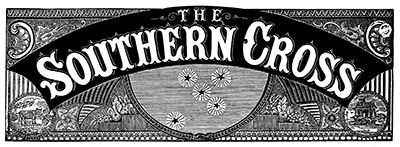The Prime Minister of New Zealand, Christopher Luxon, has a sister-in-law who is employed as a trade and marketing coordinator for British American Tobacco, the world’s leading tobacco company. However, Luxon has stated that he has never engaged in discussions about tobacco policy with her.
He has assured that his relationship with his sister-in-law is known to the Cabinet Office and that he has adhered to the guidelines of the Cabinet Manual.
This information has come to light at a time when the National-led coalition government is under scrutiny for its ties to the tobacco industry.
The coalition government, led by the National Party, has pledged to overturn the stringent smoke-free legislation within its first 100 days in office. The revenue generated from tobacco sales is also planned to be allocated towards tax reductions.
Jones, an MP from NZ First, has admitted to consulting with his friend and tobacco lobbyist, Apirana Dawson, regarding the party’s tobacco policy. Dawson was present at the ministers’ swearing-in ceremony and was photographed with Jones.
Senior Minister Chris Bishop, who was previously a lobbyist for the tobacco behemoth Phillip Morris, has stated that his past role does not define his current political identity.
On Thursday, Luxon revealed that he had instructed his office to inquire with ACT and NZ First about any potential donations they might have received from the tobacco industry. This followed several days of questioning about NZ First MP Casey Costello, the minister responsible for smokefree reform, who was criticized for leaked documents that showed she had sought advice on freezing the tobacco excise.
Luxon stated on Tuesday that both parties had confirmed they had not received any donations from tobacco companies.
Public health researchers have pointed out that many of the arguments used by the coalition government against smokefree policies mirror those used by tobacco companies.
They further emphasized that these instances raise significant questions about how the rhetoric of tobacco companies has found its way into the explanations provided by coalition politicians when asked about their reasons for repealing the smokefree legislation.

